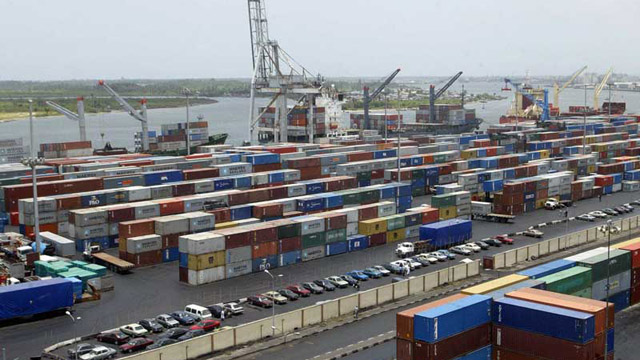 The Federal Government has been advised to shift its focus from taxation to production to unlock the full potential of the maritime sector and foster sustainable growth within the industry.
The Federal Government has been advised to shift its focus from taxation to production to unlock the full potential of the maritime sector and foster sustainable growth within the industry.
A United States maritime and security expert, Prof. Alfred Oniye, emphasised that the maritime industry, an integral facilitator of global commerce, often finds itself at the crossroads of economic policies, particularly those related to taxation and production.
In his paper titled “Steering the Maritime Economy Towards Prosperous Seas,” Oniye highlighted that while taxation is essential for infrastructure maintenance, maritime safety, and funding environmental protection, excessive taxation can stifle economic growth.
He further explained that high taxation diverts shipping traffic to more economical ports and discourages investment opportunities as shippers seek more cost-effective routes.
Oniye, who is also the Secretary General of the Merchant Seafarers Association of Nigeria (MESAN), noted that excessive taxation, in the form of port duties, tariffs, and levies on shipping goods, could stifle industry growth, increase operational costs, and reduce competitiveness on the global stage.
He referenced Singapore as a model, despite its minimal natural resources, highlighting its production-centric strategy and favourable business environment that minimises bureaucratic interference as key factors in its success as one of the world’s busiest ports.
He also attributed Singapore’s success to its efficient port operations and advanced shipbuilding.
Oniye argued that countries relying heavily on taxation see their maritime industries stagnate.
“High costs drive away business, and the anticipated revenue from taxes fails to materialise, leading to a vicious cycle of increasing taxes and decreasing traffic,” he said.
He encouraged Nigeria to invest in modern port facilities, develop a skilled workforce, and promote innovation in maritime technologies to boost production and attract foreign investment.
Oniye underscored production as the main driver of economic prosperity in the maritime sector, involving shipbuilding, port operations, and goods manufacturing.
This directly contributes to job creation, stimulates ancillary industries, and enhances Nigeria’s export capabilities.
Oniye asserted that prioritising production over taxation can transform maritime economies into hubs of innovation and investment.
He urged the government to modernise port facilities, invest in workforce development, and foster technological innovation.
He also called on policymakers to create incentives for production, such as tax breaks for shipbuilders and subsidies for green shipping activities.












